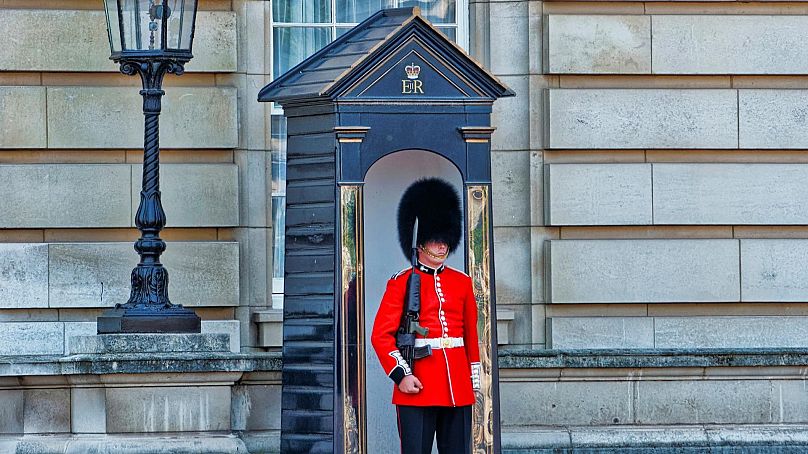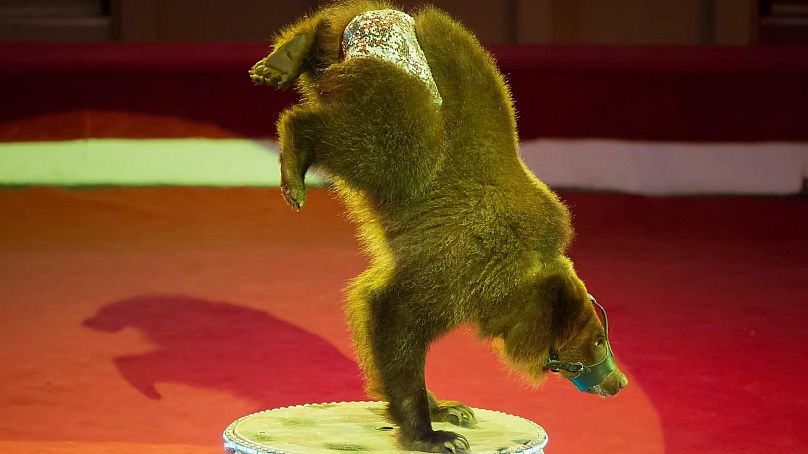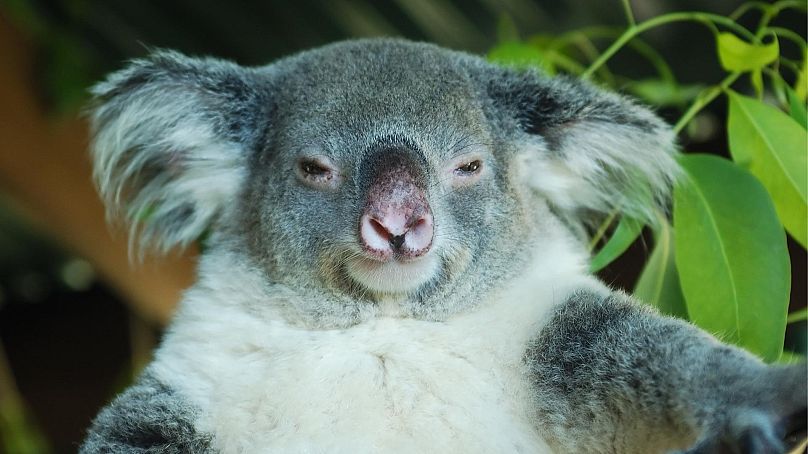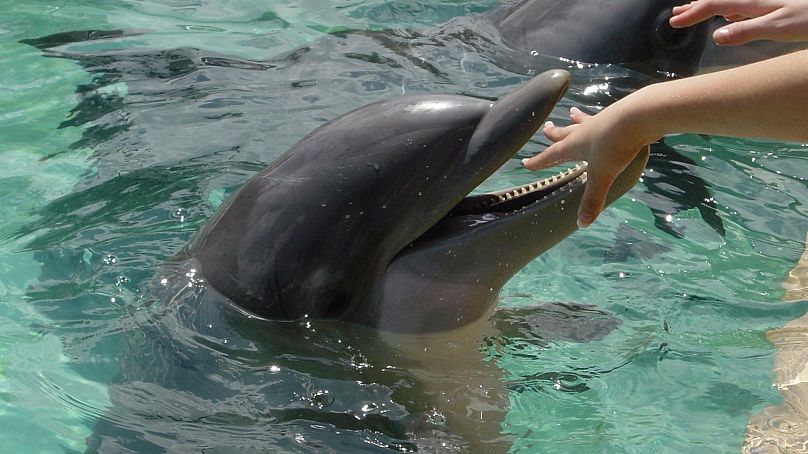If you want to see wild animals on your holiday, make sure you do it ethically.
After so many months at home, many of us are desperate to get away for a fun-filled adventure in nature. Wildlife holidays, in particular, are becoming increasingly popular, thanks to idyllic pictures on Instagram and our desire to escape from hectic city lives.
 ADVERTISEMENT
ADVERTISEMENT
 ADVERTISEMENT
ADVERTISEMENT
But with the climate emergency growing ever-more pressing, how can we enjoy nature while ensuring we’re not damaging it?
While hunting endangered species is now illegal in many countries, not every animal experience is as black and white. And there may be some you don’t realise are damaging at all.
Before you book your wildlife holiday of a lifetime, here are some experiences you should definitely avoid if you want to stay on the right side of nature.
6. Avoid elephant rides
Riding on the back of such a majestic creature may seem magical, but for the elephant, it couldn’t be more different. As Dave Neale, Animal Welfare Director for Animals Asia explained last year, elephants are often controlled by their handlers through negative reinforcement with a ‘jab-stick’.
If you want to see elephants in an ethical environment, head to Yok Don National Park in Vietnam, where the animals are free to roam through the 1,155 km² national park as they please. Don’t expect an up close and personal encounter as tourists are required to watch from a respectful distance.
5. Keep away from the Queen’s Guards
Wearing fur is becoming more and more controversial, even in high-fashion circles, with celebrities including Kim Kardashian and Charlize Theron going fur-free. What you might not know is that the Queen’s Guards all wear bearskin hats.
As part of a 200 year old tradition, the hats are made from the skin of American black bears, which are culled annually in Canada. In 2021 PETA offered the soldiers an alternative faux fur version, but it was rejected by the MOD.
“The Queen’s Guards might be iconic – but most tourists have no idea that when posing for a selfie with one of them, they’re shooting the skin of a dead bear,” says PETA’s Director Elisa Allen.
“Shamefully, for each Queen’s Guard cap, a Canadian black bear is ruthlessly gunned down. Some of them are mothers, leaving behind orphaned cubs who starve to death."
She adds that PETA has long called for synthetic alternatives to be used, keeping the aesthetic of the caps without the cruelty.
4. Don’t go to the circus
Animal circuses are becoming rarer, but they are still popular in some countries. The French government finally banned the use of wild animals in circuses last year.In other parts of the world, however, animals are still confined to cages, forced to perform unnatural tricks or transported around the country in cramped containers.
Whatever country you’re in, steer clear of any circuses where animals are forced to perform and stick to the clowns instead.
3. If the sign says you can cuddle it, keep away
Cuddling your dog is one thing, but wild animals are not meant to be held, petted or posed for selfies. Not only can human interaction make these creatures stressed, too much interaction with wild animals can also potentially lead to the contraction of some diseases too.
If you want to interact with animals, petting zoos that only work with domesticated animals such as horses, donkeys and rabbits are the place to go.
In Australia, this issue is being addressed at a number of sanctuaries specialising in koala care. The animals are fast going extinct in the country, with some experts predicting there could be none left by the year 2050.
"We know that we need to act now if we're going to turn around the trajectory of koalas," says Nick Boyle, Conservation and Science Director at Taronga Conservation Society.
"What we are starting to learn is that animals that are photographed out of context - where they are more like a prop - people who see that image walk away with two things in mind. One, they'd make a good pet, and number two, they are less endangered than they really are."
Instead of posing with these animals, Boyle encourages wildlife tourists to photograph creatures from a distance and read up as much as possible about the threats facing them in the wild.
2. Avoid zoos
Many zoos are getting better at conservation and are integral for the survival of many critically endangered species. But small zoos often don’t have high standards of care.
If animals are being kept in cages purely for human interest, make sure to avoid them.
Instead, try a local wildlife sanctuary or a national park to get your fauna fix - and be sure to leave a donation on your way out.
1. Don’t swim with captive dolphins
The only way to swim with dolphins ethically is in the wild, with a responsible tour operator. Wild dolphins can travel up to 96km a day, but in captivity, they are often confined to small chemically treated pools. Many young dolphins are also illegally captured, with some being killed if they are not deemed ‘cute’ enough.
From a health and safety perspective, many diseases can also be passed from humans to dolphins and swimmers have suffered broken bones from interactions with them too.
What wildlife experiences are ethical?
If you want to enjoy a wildlife holiday then heading to a wildlife sanctuary or a centre that breeds endangered wildlife is a good option. Responsible Travel has a great guide to ethical wildlife tourism too.
You can sign PETA’s petition to replace the bearskin hats with a faux fur alternative here.














